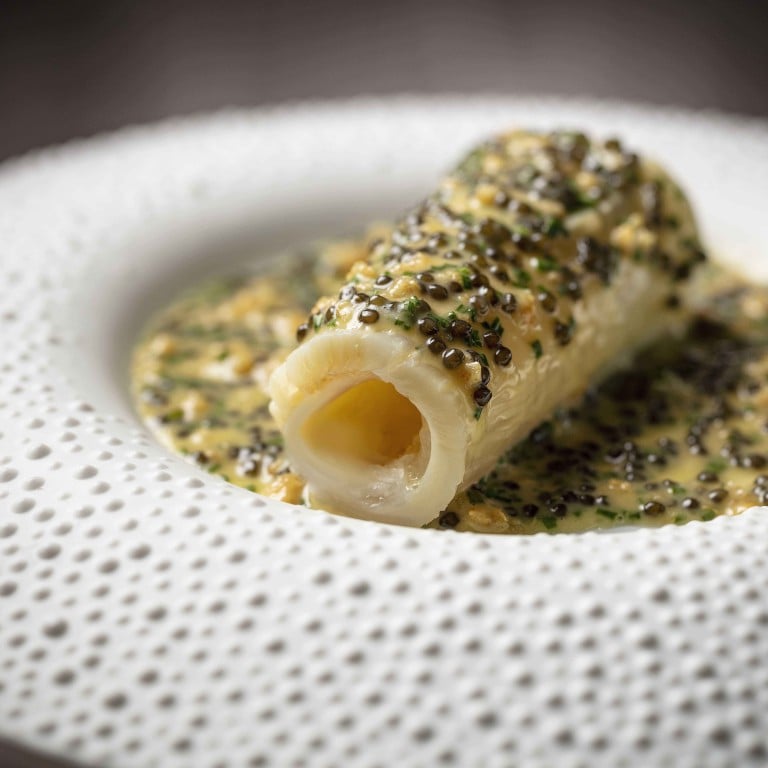Bling Empire made fish maw famous again, but is the traditional Lunar New Year delicacy unsustainable in the 21st century? Hong Kong’s Avant Meats is attempting to change the narrative

- Rich in collagen and with prized medicinal qualities, high-quality fish maw can sell for US$2,000 per kg
- But meeting the demand of wealthy Asian clientele has led to overfishing of endangered species – can lab-made fish maw replace the real thing?

But high-quality fish maw can sell for eye-watering prices of up to US$2,000 per kg, and its popularity has contributed to overfishing of endangered species such as croaker and sturgeon in recent decades. Known as buche in Mexico where it is sourced from, totoaba maw is so valuable it is nicknamed the “cocaine of the sea”. International trade in totoaba bladders is banned, but can fetch up to US$129,000 per kg on the black market in China.

Hong Kong-based food tech start-up Avant Meats is part of a wave of new firms working to find a sustainable solution for the growing demand for meat and seafood. Avant uses cultivated cell technology to produce its maw – growing real fish cells in a bioreactor, without killing or catching any fish. The resultant maw is “clean” and can be grown without any of the contaminants commonly found in seafood.

Carrie Chan, who co-founded Avant in 2018 with company CSO Dr Mario Chin, explains that Avant decided to enter the market with fish maw partly because it has a simple biological composition and texture, and because of its value. “We started with fish maw because it has a high selling price, making it easy to reach price parity earlier”, says Chan. “It is also highly food-culture relevant – we have already received interest from Hong Kong Chinese restaurant chains.”
In November 2019, Avant served its cultivated maw to the public for the first time, during the Food’s Future Summit event at Asia Society. “Traditionally, fish maw is prepared in savoury soup. For this [tasting], we created a fusion recipe with our chef for the diverse audience”, says Chan.
For the inaugural tasting, executive chef Tom Burney of Invisible Kitchen concocted an “East meets West” recipe with ginger, garlic and lemongrass. The maw was served embedded inside a deep-fried potato croquette.
